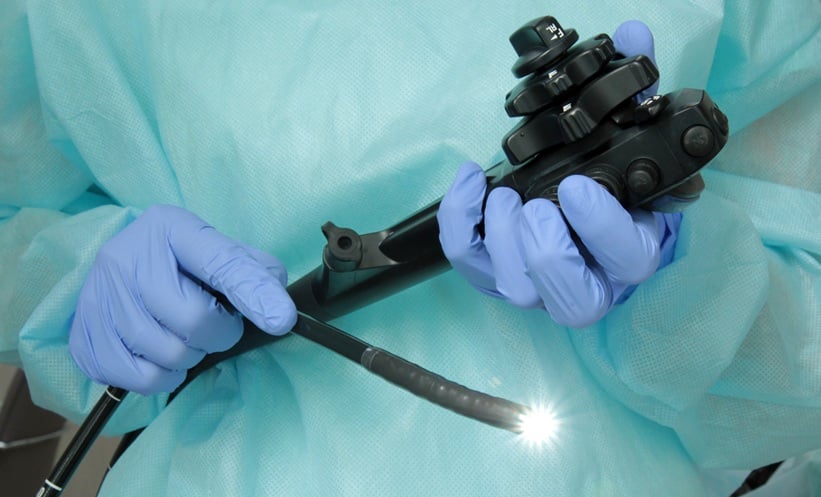AS THE incidence of pediatric inflammatory bowel disease (IBD) rises globally, two TNF-α inhibitors—infliximab (IFX) and adalimumab (ADA)—remain the only FDA-approved biologics for use in children. A new study evaluates the real-world safety of these therapies using data from the U.S. FDA Adverse Event Reporting System (FAERS), covering two decades of reports from 2004 to 2024.
Among over 16,000 pediatric IBD cases reported in the FAERS database, infliximab was linked to 10,905 adverse event reports, and adalimumab to 5,446. The most frequently reported side effects were infusion reactions for IFX and injection site reactions for ADA, consistent with existing drug labels.
However, the study also flagged concerning postmarketing signals, particularly for IFX, which included suicide attempts, weight gain, and psoriasis—highlighting the need for enhanced surveillance. Time-to-onset (TTO) data showed that AEs linked to infliximab often occurred after prolonged use, with a median onset of 579 days. In contrast, adalimumab-related AEs typically appeared earlier, with a median onset of 79 days.
The authors emphasize that while most events align with known drug safety profiles, the unique physiology and vulnerability of pediatric patients demand continued pharmacovigilance and confirmatory research.
Reference
Deng Y et al. Safety of infliximab and adalimumab in pediatric inflammatory bowel diseases: a disproportionality analysis from the FAERS database. BMC Gastroenterol. 2025;DOI: 10.1186/s12876-025-04154-w.








